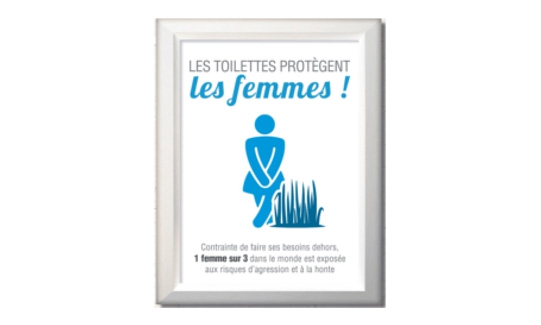WeCo is committed to International Women’s Rights Day!
World Women’s Day, which takes place every year on March 8, and which has been celebrated for over a century, highlights the struggles of women for their rights and provides an opportunity to take stock of social, economic and cultural advances. and policies in their favor.
This year, the chosen subject is #PressforProgress, an opportunity for us to take a brief inventory of societal changes in health.

Some key figures:
According to the Bill and Melinda Gates Foundation, the lack of health infrastructure has a deplorable impact on children and is responsible for around 700,000 child deaths each year from diarrhea.
According to UNICEF, about 44 million pregnant women have parasitic intestinal infections due to health problems, which represent a heavy health cost for developing countries.
The case of women
Studies report a strong link between poor health infrastructure and gender inequality. Indeed, according to a study by the World Health Organization (WHO) published in 2015, 946 million people around the world live without adequate sanitation infrastructure and have no other choice but to defecate in the open. The lack of sanitation is particularly damaging for women since it makes them vulnerable to attack. Added to this is the fact that during menstrual periods, they are forced to miss school and so the domino effect continues even in the work halls where female absenteeism due to lack of access to toilets. is high, which has an impact on their productivity and therefore their professional careers.


The case of women
Studies report a strong link between poor health infrastructure and gender inequality. Indeed, according to a study by the World Health Organization (WHO) published in 2015, 946 million people around the world live without adequate sanitation infrastructure and have no other choice but to defecate in the open. The lack of sanitation is particularly damaging for women since it makes them vulnerable to attack. Added to this is the fact that during menstrual periods, they are forced to miss school and so the domino effect continues even in the work halls where female absenteeism due to lack of access to toilets. is high, which has an impact on their productivity and therefore their professional careers.
